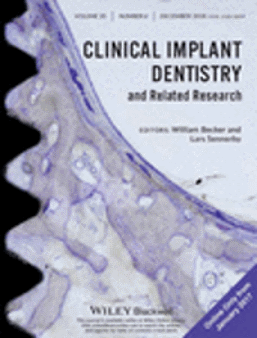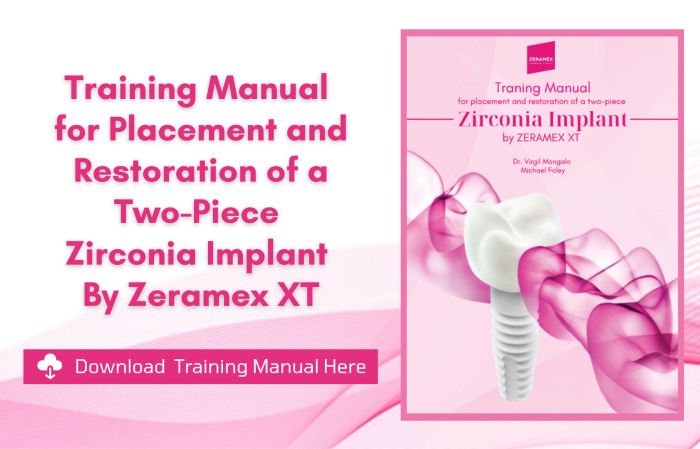Abstract Background
Recent data support the implication of accelerated titanium dissolution products in peri-implantitis. It is unknown whether these dissolution products have an effect on the peri-implant microbiome, the target of existing peri-implantitis therapies.
Purpose
This study assessed the relationship between the peri-implant microbiome, dissolved titanium levels, and peri-implantitis.
Results
Fifteen implants were assessed. According to established case definitions, six had a diagnosis of peri-implantitis; nine were healthy. The genera Streptococcus, Prevotella and Haemophilus characterized peri-implant health. Peri-implantitis was associated with a marked increase in Veillonella. Quantities of dissolved titanium were identified in 40% of sites. Titanium presence was associated with peri-implant disease status (P = .02) and correlated to the first principal component of the microbiome (rho = 0.552) and its alpha-diversity (rho = -0.496). Canonical correlation analyses found that titanium levels, but not health or disease status of the implant, were significantly associated with the microbiota composition (P = .045).
Conclusion
These findings suggest an association between titanium dissolution products and peri-implantitis and support a role for these products in modifying the peri-implant microbiome structure and diversity.

